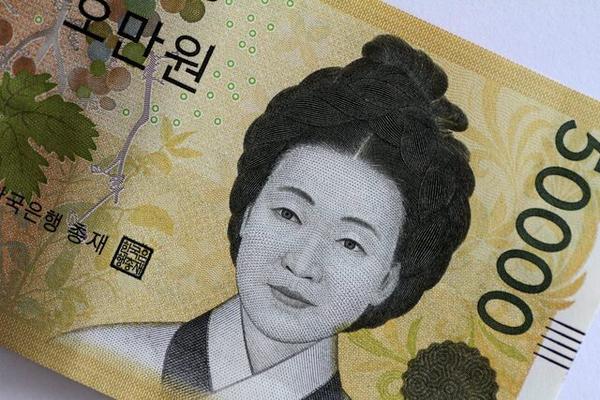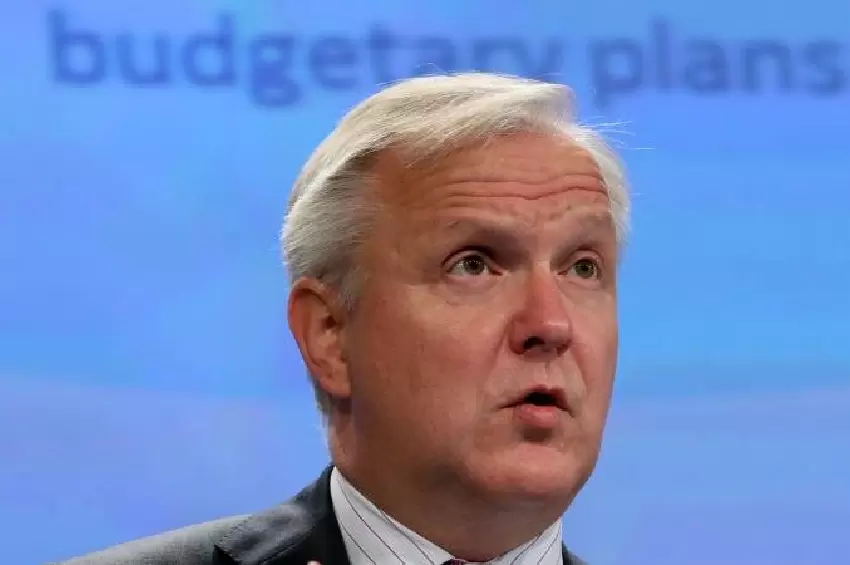Unprecedented Exchange Rate Surge
On December 24, the won-dollar exchange rate soared past 1,460 won per dollar during night trading, marking a significant moment in South Korea's economic landscape. This rate has consistently remained in the 1,450 won range for four consecutive days, a scenario not witnessed in 15 years, and has stayed above 1,400 won for 16 consecutive trading days from December 2 to 25.

The impact of this high exchange rate is profound, especially on export manufacturing companies and households. Small and medium-sized manufacturing companies, which depend heavily on importing raw materials and exporting finished products, are particularly vulnerable. Large corporations are also feeling the pressure due to their increasing overseas investments.
Government Measures and Political Uncertainty
In response to the escalating exchange rate, the government has implemented several measures, including extending the foreign exchange swap transaction contract with the National Pension Service and unveiling measures to improve foreign exchange supply and demand. However, these efforts have yet to curb the rising exchange rate. Political uncertainty, including the potential impeachment of Acting President Han Duk-soo, has further fueled market anxiety, contributing to the exchange rate's upward trajectory.
Experts Weigh In
Economic analysts and experts have highlighted the challenges in addressing the rising exchange rate, emphasizing the importance of political stability and the need for fiscal policies to mitigate the damage caused by the high exchange rate. The role of the National Pension Service in stabilizing the exchange rate has been underscored, with suggestions for more active utilization of its overseas assets.









Comments